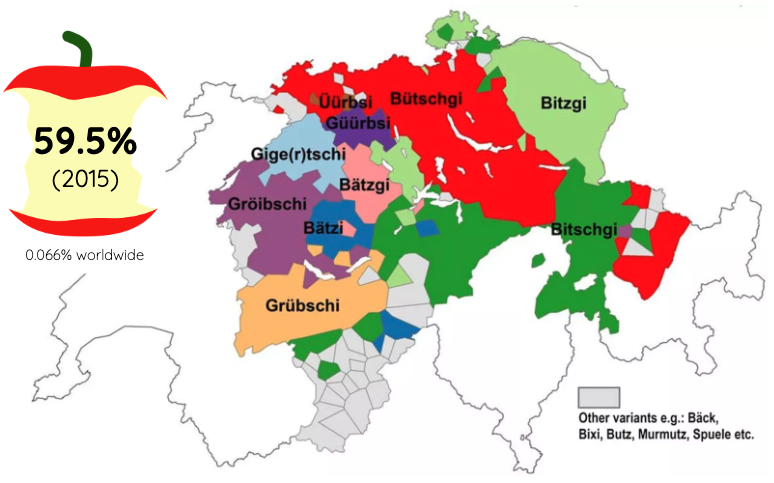

Used in daily interactions by more than 60% of the Swiss population, Swiss German is an integral part of the Swiss identity and culture.
Nowadays, Swiss German speakers have to switch to another language, such as High German, French, Italian, or English, if they want to profit from automatic translation or speech recognition services. Swiss German is mostly a spoken language, only rarely appears in writing, has a large number of different dialects, and no standardized orthography. Hence it is not surprising that the current state of the art in natural language processing (NLP) fails for this challenging case.
“If we could communicate with all machines as easily as with other people, our daily lives would be very much easier.” – Marc Steffen
In collaboration with Swisscom, the Institute of Complex Systems tackles this challenge. Leveraging recent breakthroughs in weakly supervised deep learning technologies, the project aims to develop novel methods for automatic translation from Swiss German to High German that are able to cope with a lack of large text corpora.

